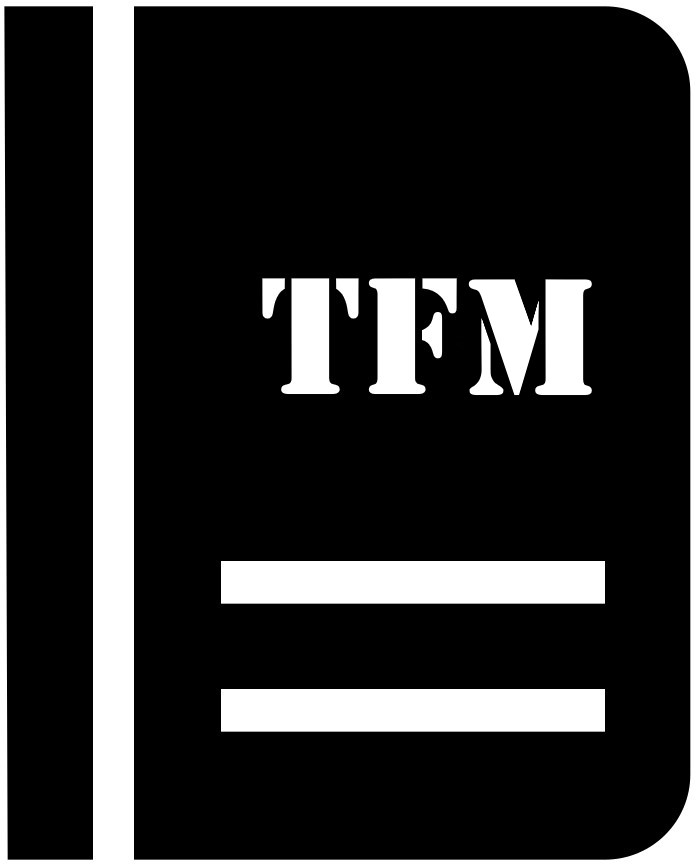|
Author
Casanovas Montasell, Mireia
|
Abstract
Enzymes play an essential role in nature and their corresponding activation / deactivation mechanisms establish the basis for signal transduction and molecular pathways in cells. The so-called proenzymes or zymogens, the inactive form of enzymes, are widely present in living organisms and through protein-protein interactions can be reactivated as soon as the specific stimulus triggers it. However, until now the number of artificially synthesized zymogens is limited and, furthermore, it has only been possible to achieve the restoration of their activity by means of small molecules and not proteins, as is the case in cellular systems.
We have designed a system to facilitate access to the active center and at the same time control the activity of the enzymes, using a polymer as an antenna which connects the active center of the protein with the environment that surrounds it. In this case we have used lipoic acid for the synthesis of these polymers directly from the catalytic center, and therefore we obtain the product in its inactive form: the corresponding zymogen. These chains grow from the thiol of the cysteine found in the active center, and we have shown that they undergo rapid decomposition through disulfide exchange when triggered by a stimulus through interaction with proteins that contain thiol groups and act as activators. This ends up evolving until the complete depolymerization and therefore restoring the enzymatic function. Furthermore, in this project we have also synthesized and studied two more types of proenzymes with different groups masking the activity: one containing a non-biodegradable polymer, and the other with a methyl group blocking the main thiol. The intention is to compare the three zymogens to demonstrate the unique ability of the lipoic acid antenna to transfer information from end to end. In this work we have managed to overcome the challenge posed by the synthesis of artificial zymogens thanks to being able to identify a suitable amino acid in the protein of interest, and being able to modify it and consequently take control of the enzymatic activity through the chemistry of thiols. Furthermore, we have managed to reactivate zymogens through the interaction pathway between proteins through the designed polymer chain.
|

|



